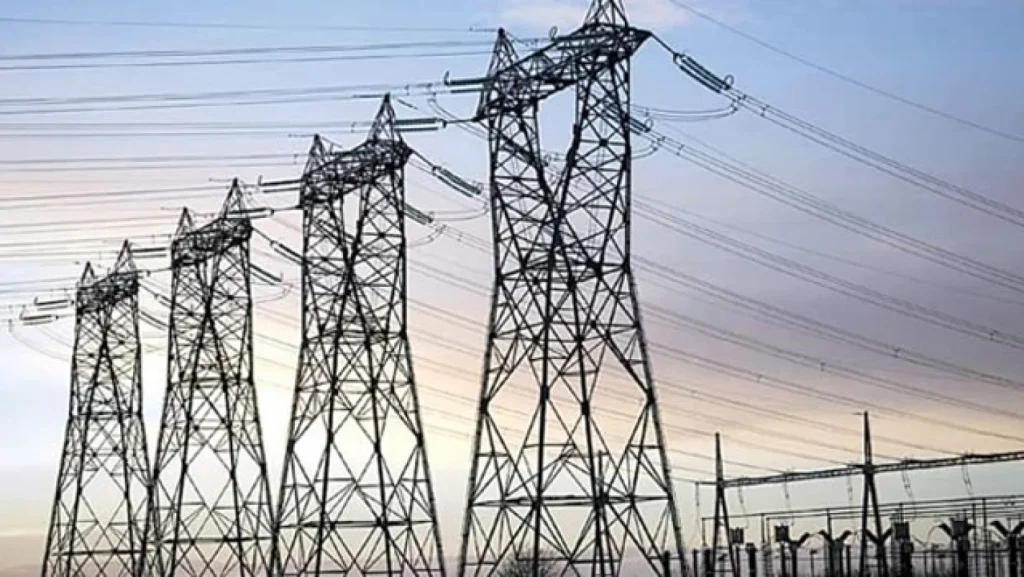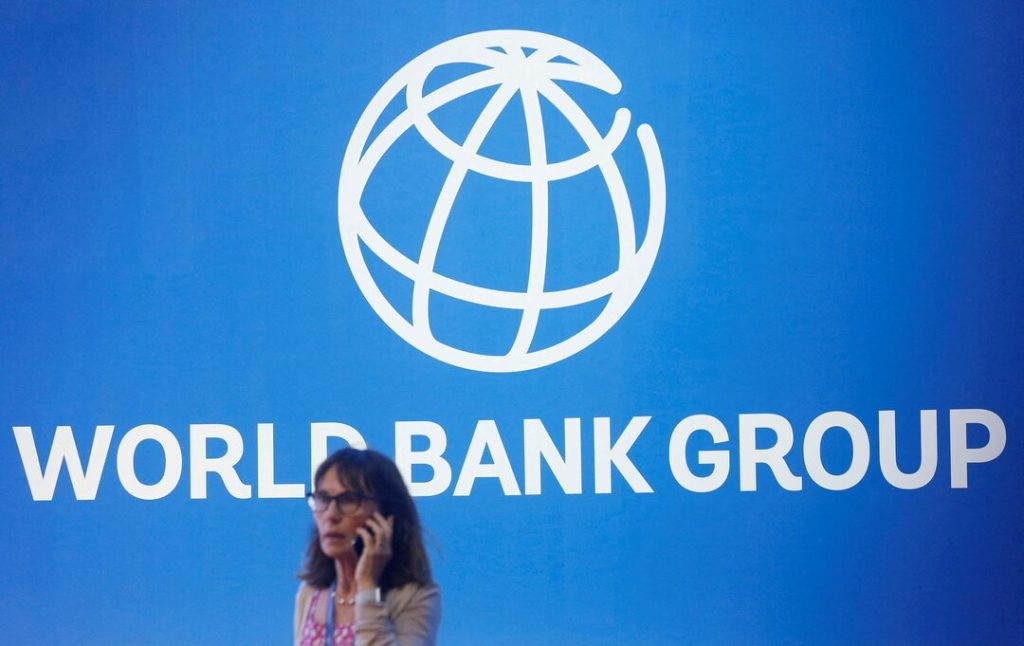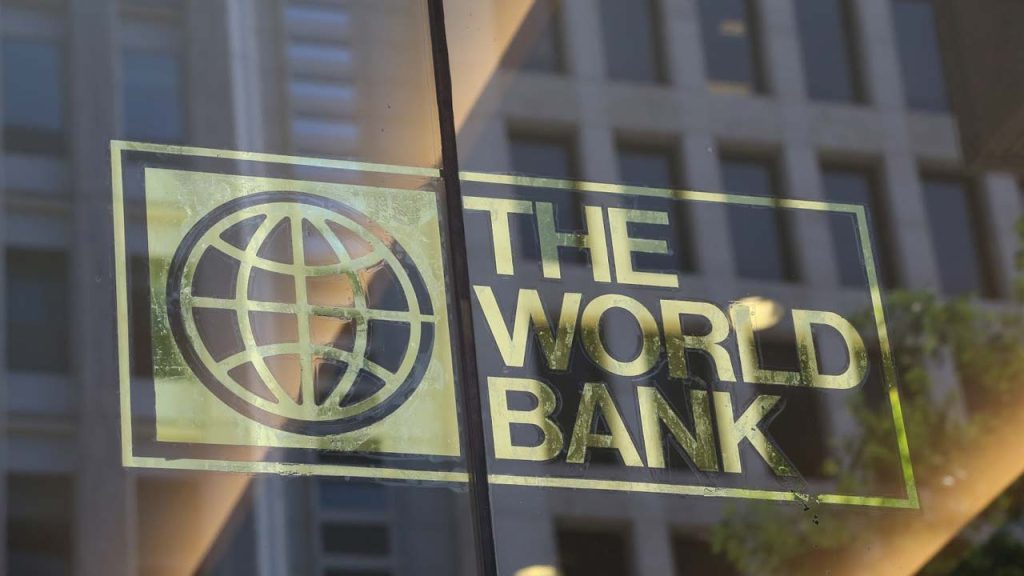Nigeria’s national grid experienced another system collapse on Wednesday, leaving millions of citizens without electricity. The collapse, which occurred around 11:34 a.m., disrupted power generation and distribution across the country, marking the first major grid failure in 2025.
The Collapse and Immediate Impact
The grid collapse was confirmed by sources within power generation companies, who reported a general disturbance in the system. According to reports, most power plants connected to the grid lost generation capacity, leading to a significant drop in electricity supply.
At 11 a.m., the hourly power generation stood at 4,064 megawatts (MW). However, by 12 p.m., this figure had plummeted to 1,203 MW, and by 1 p.m., it dropped to 0.00 MW. This sudden loss of power left homes, businesses, and critical infrastructure in darkness, further exacerbating the challenges faced by Nigerians already grappling with unreliable electricity supply.
The Abuja Electricity Distribution Company (AEDC) confirmed the incident in a statement posted on its official X (formerly Twitter) handle.
“Dear Valued Customer, We regret to inform you that a system disturbance occurred on the national grid at 11:34 a.m. today, causing a power outage across our franchise areas. While gradual restoration of power supply has commenced, please be assured that we are working closely with relevant stakeholders to fully restore electricity as soon as the grid is stabilized. Thank you for your understanding and patience as we work to serve you better,” the statement read.
Causes of the Collapse
While the exact cause of the grid collapse is yet to be officially determined, industry experts have pointed to several possible factors, including inadequate infrastructure, poor maintenance, and insufficient power generation capacity. Nigeria’s power grid has long been plagued by systemic issues, including frequent collapses, which have become a recurring nightmare for citizens and businesses.
This latest collapse is the first in 2025, following a line tripping incident in January. In 2024, the grid collapsed 12 times, and over the past decade, it has experienced more than 100 collapses. These frequent failures highlight the urgent need for comprehensive reforms in the power sector.
Efforts to Restore Power
Following the collapse, the Transmission Company of Nigeria (TCN) and other stakeholders began working to restore power. As of the time of filing this report, gradual restoration had commenced in some areas, but full recovery was expected to take several hours.
The spokesperson for the TCN, Ndidi Mbah, was unavailable for comment as she was reportedly attending a function. However, sources within the company assured that efforts were underway to stabilize the grid and restore normalcy.
Reactions from Nigerians
The grid collapse has sparked widespread frustration among Nigerians, many of whom took to social media to express their grievances. For a country already struggling with erratic power supply, the latest collapse is a painful reminder of the challenges facing the power sector.
“This is unacceptable. How can we continue to experience grid collapses in 2025? The government needs to take urgent action to fix this problem once and for all,” tweeted a user.
Another user lamented the impact of the collapse on businesses, stating, “My business has been grounded because of this power outage. How are we supposed to grow the economy when we can’t even keep the lights on?”
Calls for Sector Reforms
The recurring grid collapses have reignited calls for comprehensive reforms in Nigeria’s power sector. Experts have emphasized the need for investment in infrastructure, improved maintenance, and increased power generation capacity to prevent future failures.
“The frequent grid collapses are a symptom of deeper systemic issues in the power sector. We need a holistic approach to address these challenges, including upgrading infrastructure, improving maintenance, and increasing generation capacity,” said energy analyst Chinedu Okeke.
Others have called for greater accountability and transparency in the management of the power sector. “The government and power sector operators must be held accountable for these failures. Nigerians deserve reliable electricity, and it’s time for those in charge to deliver,” said a civil society activist.
Historical Context of Grid Collapses
Nigeria’s power grid has a long history of instability, with frequent collapses dating back decades. Despite numerous reforms and investments, the sector continues to struggle with inefficiencies and underperformance.
In 2024 alone, the grid collapsed 12 times, causing widespread disruptions and economic losses. Over the past 10 years, the grid has experienced more than 100 collapses, underscoring the urgent need for sustainable solutions.
Government’s Response
The Nigerian government has acknowledged the challenges facing the power sector and has pledged to address them. However, progress has been slow, and many Nigerians remain skeptical of the government’s ability to deliver on its promises.
In recent years, the government has implemented various initiatives aimed at improving power supply, including the privatization of power distribution companies and the introduction of renewable energy projects. While these efforts have yielded some results, they have not been sufficient to prevent grid collapses or ensure reliable electricity supply.
Conclusion
The latest national grid collapse is a stark reminder of the challenges facing Nigeria’s power sector. As millions of Nigerians endure yet another power outage, the need for urgent and comprehensive reforms has never been more apparent.
The government, power sector operators, and other stakeholders must work together to address the systemic issues plaguing the sector and ensure reliable electricity supply for all Nigerians. Until then, the recurring grid collapses will continue to hinder the country’s development and frustrate its citizens.













